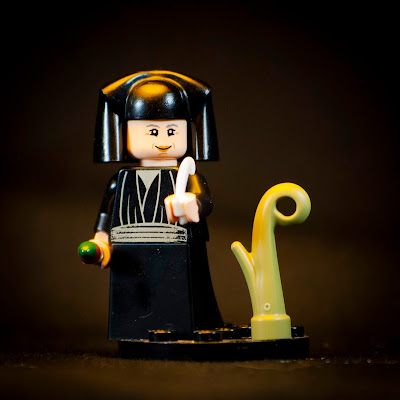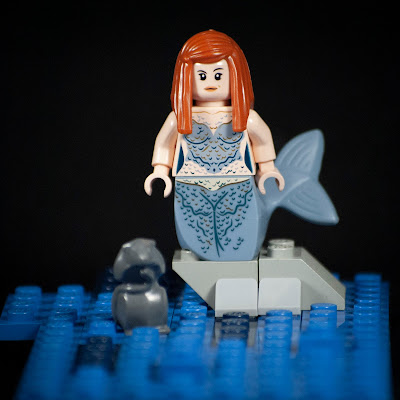Bl Justo Takayama
Bl. Justo Takayama was a samurai who was exiled for refusing to recant his catholic faith. He was also a daimyo, the feudal lord of a regional land in the shogunate era in Japan (fans of the Disney+ series Book of Boba Fett may recognize the term from that show too).
Justo Takayama is known by many names. His birth name was Hikogoro Takayama. When he was baptized, he added Justo to his name, after St. Justin Martyr. When he became an adult, he earned the name Shigetomo. He is also known as Takayama Ukon (or Ukon-dono), as well as Dom Justo Takayama, with Dom and Ukon being affectionate honorific titles. He's known by other names as well, and the Lord Takayama Jubilee Foundation documents his many names and their meaning, purpose, and ways of writing.
Justo was born the oldest son and heir of a feudal lord of a castle. His father converted to the Catholic faith after meeting with missionaries when Justo was about twelve, and it was at this point that he was baptized and took the name Justo. When he was twenty, Justo became a full-fledged samurai. He had trained as a samurai his entire life up to this point, and his final trial was a duel to the death, which Justo won.
During his training, Justo's faith had waned as he delved into his studies, but all that changed in his twentieth year as he recovered from wounds he received during the duel. Justo became a fervent evangelizer, and became a governor at the age of 21 over another castle. He and his father together as daimyos used their positions to protect missionaries and support Christian causes and evangelism. It is believed that tens of thousands of Japanese people converted to Christianity during this time.
However, eventually the government of Japan changed and in 1587 began a persecution of Christians in the area, starting with the lords. The unofficial leader of Japan, once a daimyo like Justo, had unified much of the country and declared that all the lords must recant their Christian faith or lose their lands and titles. Several other Christian daimyos opted to retain their land, but Justo and his father declared they would instead keep living their faith. They gave up their fiefdoms and all their worldly possessions and instead embraced a life of poverty.
For years, Justo lived with various friends and allies, but in 1614 a new shogun declared that not only could Christians not hold land and titles, but would be prohibited entirely. Missionaries were driven out of the country and Japanese Christians began experiencing horrific persecution such as that seen in the book Silence by Shusaku Endo (or the movie adaptation of the same name).
Justo, along with 300 other Japanese Christians went into exiles in Manila, Philippines. The colonial government of his new home offered to overthrow the Japanese Emperor in retaliation for the Christian persecution, and even offered Justo a position of power and influence owing to his history as a strategist and warrior, but Justo refused to participate in the effort and even vocally opposed it.
Justo died 40 days after arriving in Manila while praying the rosary. Though he died of illness, he is considered a martyr because his fever was caused by the mistreatments he received under persecution. He was given a funeral with full military honors in respect for the title he gave up to live his faith, and was buried in the Jesuit cemetery, making him the only daimyo ever buried on Philippine soil.






